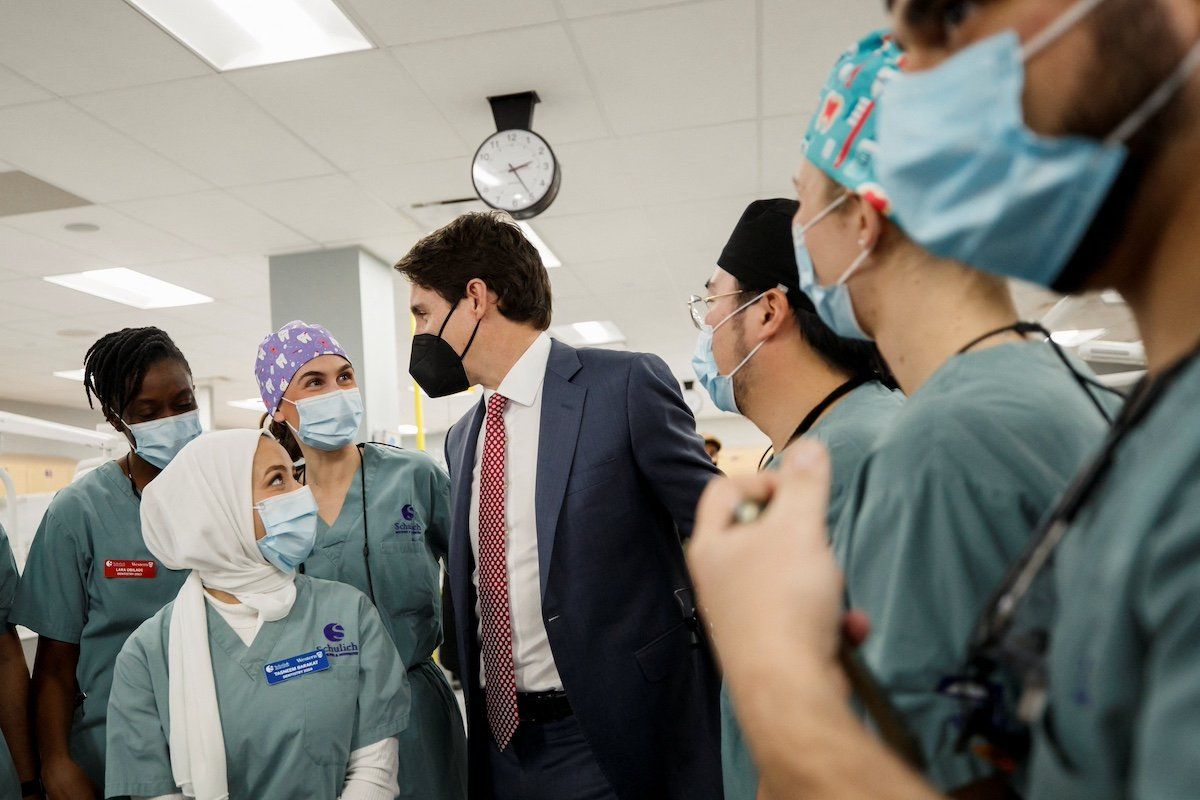Hard Numbers: “Missing teeth,” US-Canada inflation jinx, Kyiv calls out fatal footdragging, New border plan hits critical barrier, Toronto taxes rattle renters
4.4: What’s more unpleasant than a trip to the dentist? Not being able to afford to go to the dentist at all. A new report, amazingly titled “Missing Teeth,” says Canada’s new national dental insurance plan leaves out some 4.4 million Canadians — more than a tenth of the population — because the income ceiling for eligibility is set too low. In the US, meanwhile, nearly 70 million adults have no dental insurance, according to data from 2023.
3.4: Jinx! Canada’s December inflation reading is out, and it’s exactly the same as the US number from last week: 3.4%. That, like in the US, was above expectations, marking an increase from 3.1% in November. The readout undercuts hope that the Canadian central bank might start to cut rates again early this year.
53: Has Canada’s foot-dragging cost Ukrainian lives? A top Ukrainian security official suggested Tuesday that Canada’s 53-week-long delay in fulfilling its promise to purchase a major air defense system from the US for Kyiv had led to needless deaths, including — perhaps — that of his own nephew, who was killed near the front lines earlier this month.
2: A new two-year pilot plan to create preclearance posts along the US-Canada border — in which Canadian guards would work in US posts, and vice-versa — has run into pushback. NDP public safety critic Peter Julian says the plan, billed as a way to streamline flows of people and goods into Canada through a pre-clearance system, hasn’t been properly vetted by border guard unions or lawyers. He is threatening to uncork a formal parliamentary review.
10.5: Toronto’s government has proposed a new budget with an “extraordinary” 10.5% property tax increase. Officials say it’s needed to plug a budget shortfall of nearly $2 billion, and they predict that given the low existing tax rates, most homeowners will see an increase of only $30 per month. But tenants rights groups are bracing for any higher costs to be passed through to renters — an unwelcome prospect at a time when Toronto is already suffering a housing shortage.